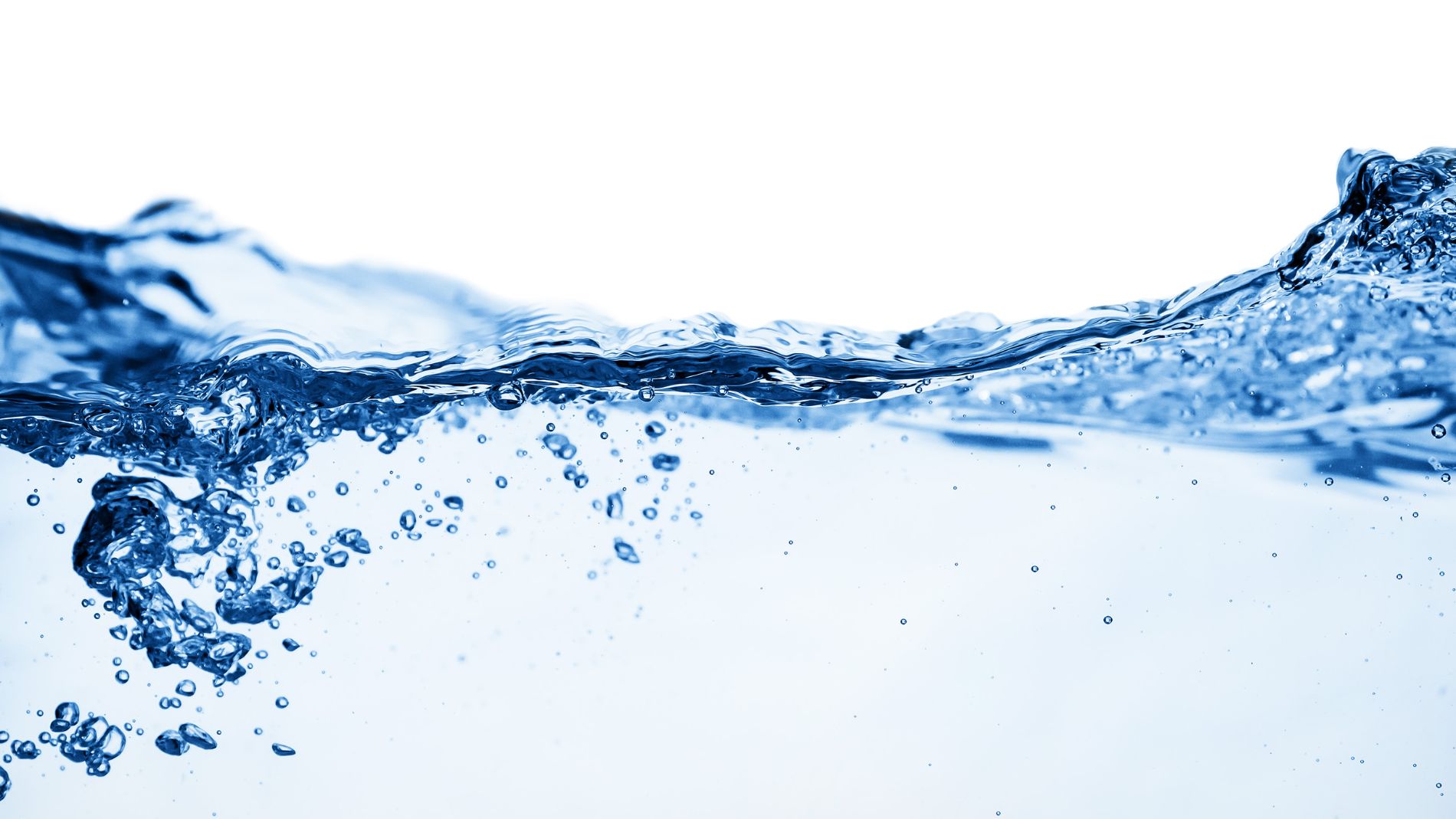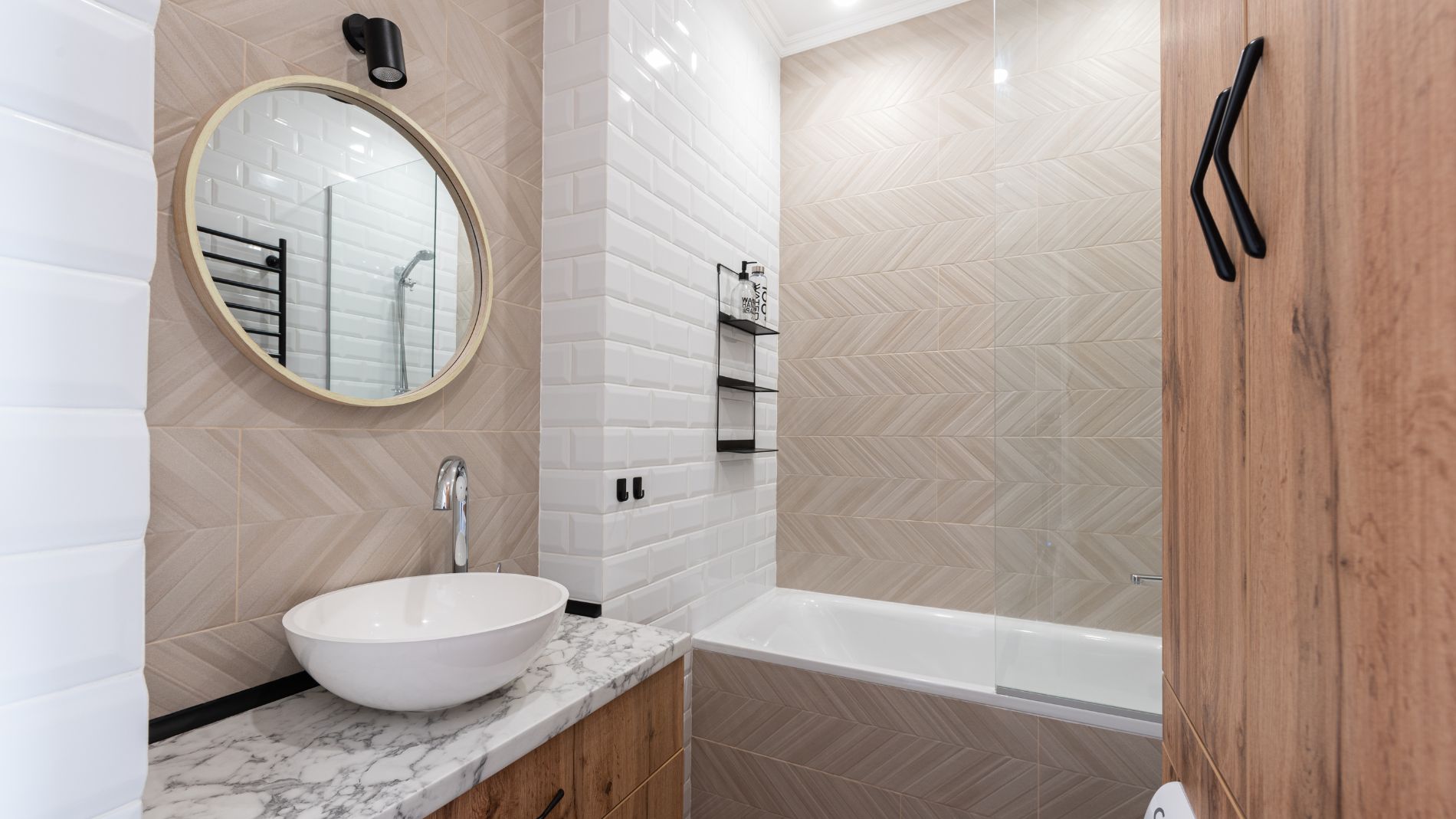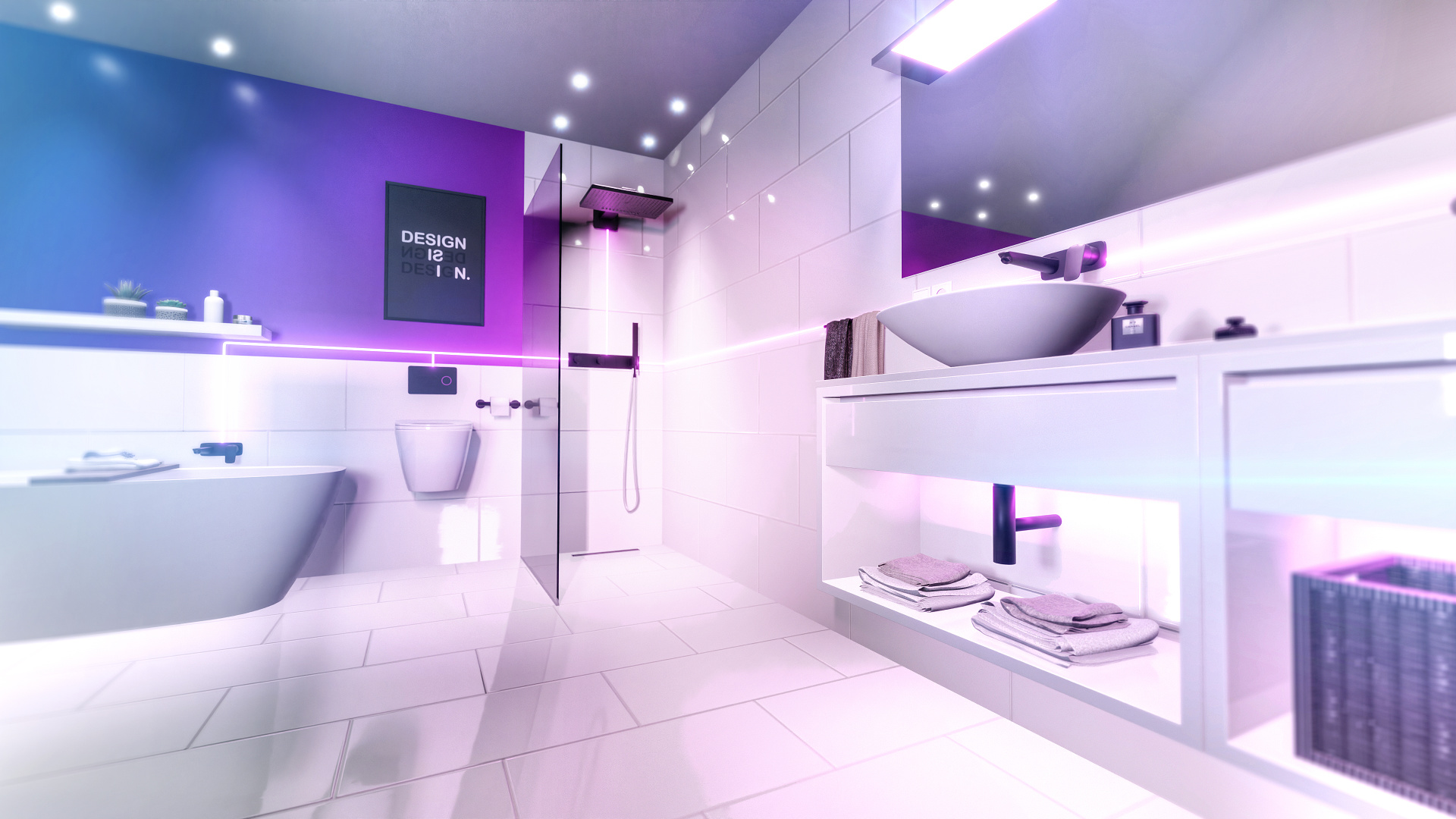Bathroom design has evolved into a key aspect of modern architecture. Thoughtful planning, sustainable fixtures, and innovative design ensure comfort while promoting environmental responsibility.
Reading time: 3 minutes
Modern Bathroom Planning: Functionality Meets Aesthetics
Modern bathrooms are more than just functional spaces—they are places of relaxation and well-being. Effective bathroom planning is essential to meet both aesthetic and functional needs. From strategic space allocation to selecting durable, eco-friendly materials, every detail contributes to a well-balanced design. Special emphasis is placed on integrating technologies that improve water efficiency. For instance, water-saving faucets and shower systems optimize water flow without sacrificing user comfort. The use of sustainable materials, such as recyclable tiles and natural stone surfaces, further minimizes the ecological impact and enhances indoor air quality.
Efficient Sanitary Technology and Sustainable Solutions

Efficient sanitary technology is crucial in modern bathroom design, encompassing advanced plumbing systems that reduce water usage and smart technologies for precise control. Touchless faucets that stop the water flow automatically help conserve resources while improving hygiene. Sustainable solutions extend beyond fixtures: modern toilets with dual-flush systems and integrated water recycling mechanisms greatly reduce water consumption. Additionally, efficient heating and ventilation systems minimize energy use while ensuring a comfortable atmosphere. These innovations make the bathroom a space that prioritizes both relaxation and sustainability.
Smart Water Management for Maximum Efficiency
The integration of smart technology plays an increasingly significant role in modern bathrooms. Intelligent water management systems equipped with sensors and automated controls enable precise water monitoring and optimization. These systems offer convenience by maintaining consistent water temperatures and adapting to usage patterns. Through app connectivity or centralized control units, users can monitor water consumption in real-time and make adjustments to optimize resource use. This technology is essential in addressing growing water scarcity, significantly reducing environmental impact.
Sustainable Materials for Eco-Friendly Bathroom Design

Sustainable materials are an essential consideration in modern bathroom design. Recycled tiles, moisture-resistant woods sourced from sustainable forestry, and natural stone surfaces provide a high-quality, eco-friendly aesthetic. These materials are not only durable and moisture-resistant but also easy to maintain and healthier alternatives to traditional building materials. The use of chemical-free materials enhances indoor air quality and reduces health risks. This blend of aesthetic appeal and sustainability allows for a bathroom that is both visually appealing and environmentally responsible.
Optimizing Energy Efficiency in the Bathroom
Incorporating energy-efficient technologies is a vital step towards a sustainable bathroom. Modern heating solutions such as underfloor heating with low-temperature technology and energy-efficient towel warmers significantly reduce energy consumption without compromising comfort. Ventilation systems with heat recovery maintain room warmth and improve air quality. LED lighting solutions provide optimal illumination while consuming minimal power. By combining these features, the energy demand in the bathroom can be greatly reduced, benefiting both operating costs and environmental impact. These innovations turn the bathroom into a model of efficiency and sustainability within the building.
FAQ
How can I make my bathroom's water usage more efficient?
Water usage can be made more efficient with modern technologies such as water-saving faucets and intelligent sensor controls. These systems regulate water flow to ensure it only runs when necessary. Smart water meters and apps can help monitor consumption and make adjustments to identify and implement savings opportunities.
What sustainable materials are best for building an eco-friendly bathroom?
Recycled tiles, FSC-certified wood, and natural stone surfaces are ideal for an eco-friendly bathroom. These materials are durable, moisture-resistant, and free of harmful chemicals, promoting a healthier indoor environment. They contribute to a better ecological footprint and are often recyclable or biodegradable.
What energy-efficient solutions are available for bathroom heating and lighting?
Energy-efficient heating solutions for bathrooms include underfloor heating with low-temperature technology and energy-efficient towel warmers, which provide effective heating with low energy use. LED lights offer high brightness at minimal power consumption, while ventilation systems with heat recovery help maintain a warm, well-ventilated bathroom with optimized energy usage.
